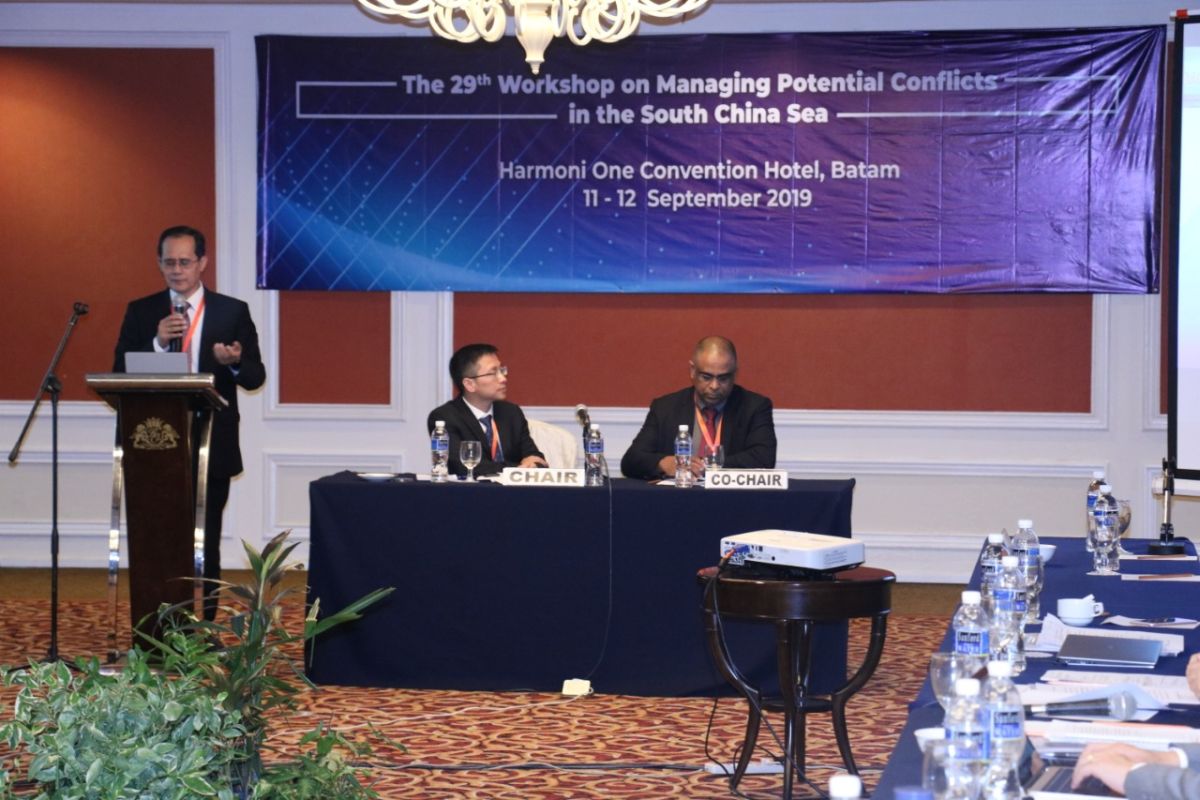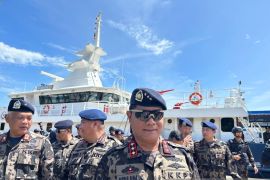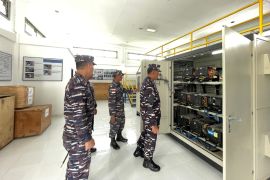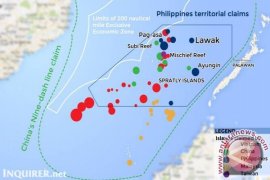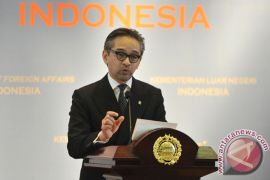At the 29th Workshop on Managing Potential Conflict in the South China Sea held in Batam on Wednesday (September 11), Foreign Affairs Ministry's Director of the Centre for Policy Analysis and Development for Multilateral Affairs, Dindin Wahyudin, presented a paper on several potential areas for cooperation, among them being the establishment of a geopark network in the South China Sea Rim.
In a statement on Thursday, Dindin said the geopark network could be a platform to share the best practices and for capacity building. The network should promote the role of small and micro businesses in the region, and encourage combined tour packages by connecting geoparks in the South China Sea as an integrated regional tourism destination and market.
Currently, there are at least 46 UNESCO Global Geopark (GG) in the South China Sea Rim. The presence of geoparks helps improve the economy and leads to the prosperity of the local communities.
According to Dindin, Langkawi Geopark in Malaysia is a good example of how a geopark has managed to bring about significant economic growth, especially after it joined the UNESCO GG network.
The number of tourist arrivals in Langkawi increased 100 percent in nine years, or from 1.8 million tourists in 2006 to 3.5 million tourists in 2015.
In addition, the investment in Langkawi also grew by 100 percent in six years, or Rp15.2 trillion in 2006 to Rp43.3 trillion in 2012.
Such benefits have also been enjoyed by Indonesia, such as in the Gunung Kidul Geopark, where tourist growth reached 100 percent in six years, or from two million tourists in 2012 to 5.89 million tourists in 2017.
At present, Indonesia has developed several geoparks, including the Natuna Geopark, which is strategically located adjacent to the South China Sea region.
Natuna was officially designated as the National Geopark of Indonesia on November 30, 2018, and Indonesia is now promoting the Natuna Geopark as one of the UNESCO GGs.
In addition to having a positive impact on the local economy by increasing the flow of investments and tourists, the presence of the Geopark in Natuna can help preserve the environment, while achieving the Sustainable Development Goals.
The 29th Workshop on Managing Potential Conflict in the South China Sea was held in Batam from 11-12 September 2019 by the Ministry of Foreign Affairs and the Center for South East Asian Studies.
The workshop was attended by 54 experts, in their personal capacities, from Indonesia, China, Lao PDR, Malaysia, the Philippines, Taiwan, and Vietnam.
The workshop, which has been held annually in Indonesia since 1990 is part of one-and-a-half-track diplomacy to support the negotiation effort in the first-track (inter-governmental), by building trust among the parties in the region.
Related news: Indonesia wants to stay away from South China Sea conflicts
Translator: Yashinta Difa Pramudyani
Editor: Suharto
Copyright © ANTARA 2019
